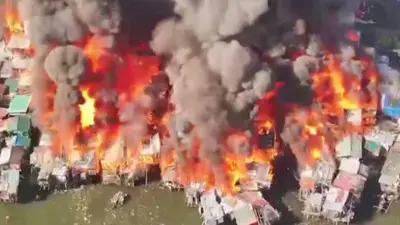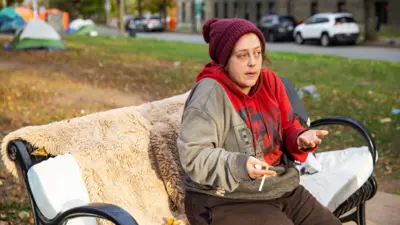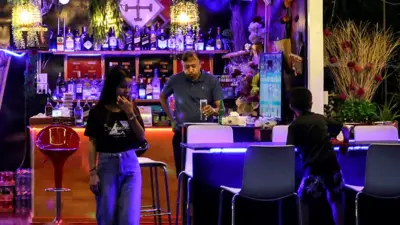We've updated our Privacy and Cookies Policy
We've made some important changes to our Privacy and Cookies Policy and we want you to know what this means for you and your data.
Ethiopia cabinet drafts early end to state of emergency
Image source, AFP
Ethiopia's cabinet has approved a draft law that would bring an early end to the six-month state of emergency imposed in February.
The government said law and order had been restored in the country.
The three years of deadly protests by the country's two largest ethnic groups - the Oromo and the Amhara - appear to have come to an end.
Thousands of political prisoners have been released and other reforms promised.
The draft will be sent to parliament which is expected to endorse it as all MPs are from the governing party.
The move to lift the state of emergency two months early shows how far Ethiopia has come since the new Prime Minister, Abiy Ahmed, came to power, says ┤¾¤¾┤½├¢ World Service Africa Editor, Mary Harper.
His predecessor, Hailemariam Desalegn, resigned unexpectedly in February following three years of opposition protests.
Mr Abiy comes from the country's biggest ethnic group, the Oromo, which has long complained of marginalisation.
But the situation remains precarious, our correspondent adds.
Millions of Ethiopians have not benefited from the country's impressive economic growth and the political arena has, for years, been dominated by a tiny elite.
A number of grievances have driven popular protests throughout Ethiopia over the last three years.
Opposition groups want the governing Ethiopian People's Revolutionary Democratic Front to relinquish its control on power and allow the opposition to operate freely.
Many Oromos feel that despite being the country's largest group, they have been marginalised politically, economically and culturally for years.
Additionally, some from the Amhara community have raised concerns over the dominance of the small Tigrinya group.
Across the country, there have been complaints about human rights violations over the last few years, with political dissidents being imprisoned, tortured and killed.
Top Stories
More to explore
Most read
Content is not available








